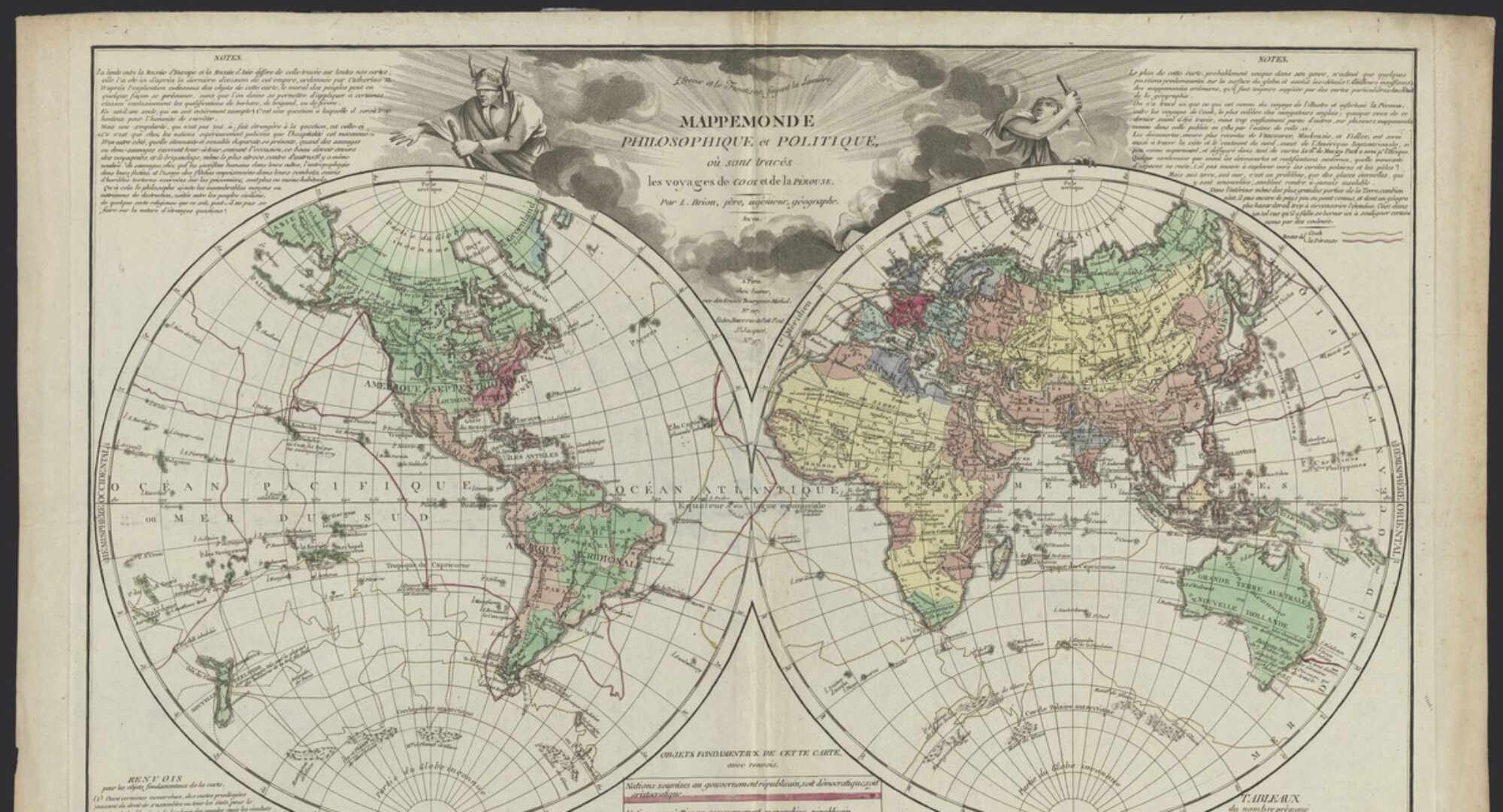“Universal Concepts in Global History” Public Lecture by Siep Stuurman – 11 December 2014
Abstract
The question addressed in this lecture was: How to write the (global) history of universal concepts? based on the example of the concept of equality. Universal concepts are always theory-charged. You cannot “see” universal equality like you can “see” economic or political inequality. The very notion of equality conjures up an imagined world. Equality is not simply a word but a concept. It is an abstract concept, that is, it abstracts from some aspects of “reality”, creating a space for the imagination and the potential power of abstractions. Moreover, universals usually convey a double meaning, both factual and normative.
The lecture discussed how universal concepts are invented, deployed, and transformed. Against the philosophical conceit that universal concepts are universal by definition, Stuurman argued that the question intellectual historians should be asking is: how are such concepts universalized, across which dimensions, to what extent, and what are the limits of universalization. In this context, Stuurman discussed Christopher Hill’s distinction between “generalizing” universal (e.g., human rights) and “relativizing” universals (e.g. national self-determination).
Examples were taken from Diderot’s Encyclopédie (égalité naturelle, droit des gens). In particular, the focus lay on how universal concepts are transformed in the textual flow of such entries and, following from this, how a global intellectual history can/should approach universal concepts.
Biography
Siep Stuurman is professor of the History of Ideas at Utrecht University. Before coming to Utrecht he was Jean Monnet Chair of European History at Erasmus University, Rotterdam, and professor of the History of Political Thought at the University of Amsterdam. Professor Stuurman has done work on the history of European liberalism and European state formation, on the history of early-modern feminist thought, and, more recently of equality and cultural in world history. He is a consulting editor of the Journal of the History of Ideas. Main publications include: Perspectives on Feminist Political Thought in European History: From the Middle ages to the Prresent, ed. with Tjitske Akkerman (London & New York, 1998), François Poulain de la Barre and the Invention of Modern Equality (Cambridge Mass., 2004, De Uitvinding van de Mensheid: Korte Wereldgeschiedenis van het Denken over Gelijkheid en Cultuurverschil (Amsterdam, 2009). Recent articles: “Common Humanity and Cultural Difference on the Sedentary-Nomadic Frontier: Herodotus, Sima Qian, and Ibn Khaldun,” in Global Intellectual History, eds. Moyn & Sartori (New York, 2013).
“The Political Origins of Global Justice” Public Lecture by Samuel Moyn (Harvard University) – 22 September 2014
Abstract
Against the background of the broader history of the idea of human rights, this lecture investigated when and why the contemporary field of “global justice” in philosophy and political theory was invented. Returning to the engagement of American liberals with the decolonization process in the 1970s, in the aftermath of the Vietnam war and even as more powerful tendencies were about to bring the welfarist ideal of the postwar era low, this lecture presented contemporary “cosmopolitanism” as a response to a forgotten revolt of the global south against the prevailing economic order of our age.
Biography
Samuel Moyn is professor of law and history at Harvard University. He earned a doctorate in modern European history from the University of California-Berkeley in 2000 and a law degree from Harvard Law School in 2001. He returned to HLS after thirteen years in the Columbia University history department, where he was most recently James Bryce Professor of European Legal History. He has written several books in his fields of European intellectual history and human rights history, including The Last Utopia: Human Rights in History (Harvard University Press, 2010), and edited or coedited several others. His areas of interest in legal scholarship include international law, human rights, the law of war, and legal thought, in both historical and current perspective.
